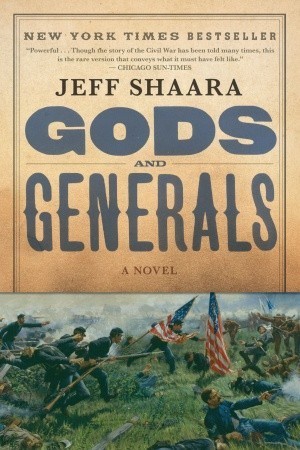More on this book
Community
Kindle Notes & Highlights
One of the many great tragedies of the Civil War is that it is a bridge through time. The old clumsy ways of fighting, nearly unchanged for centuries, marching troops in long straight lines, advancing slowly into the massed fire of the enemy, will now collide with the new efficient ways of killing, better rifles, much better cannon; and so never before—and in American history, never since—does a war produce so much horrifying destruction.
Born in 1828, Chamberlain graduates from Bowdoin College, Brunswick, Maine, in 1852. He is considered brilliant, with an amazing talent for mastering any subject. He enrolls in the Bangor Theological Seminary, considers the ministry as a career, but cannot make the final commitment, for though he often preaches Sunday services, he does not hear the calling. Chamberlain returns to Bowdoin as a teacher and is named to the prestigious Chair formerly held by Dr. Calvin Stowe. Chamberlain is now Professor of Natural and Revealed Religion, and speaks seven languages.
He should have gone to West Point. That was the first disappointment. He had heard that now for years, especially after his graduation from Bowdoin, when he enrolled instead at the Theological Seminary.
ON NOVEMBER 6, 1860, Abraham Lincoln was elected President. Within a few weeks the state of South Carolina had called a convention, to vote on withdrawing from the Union.


